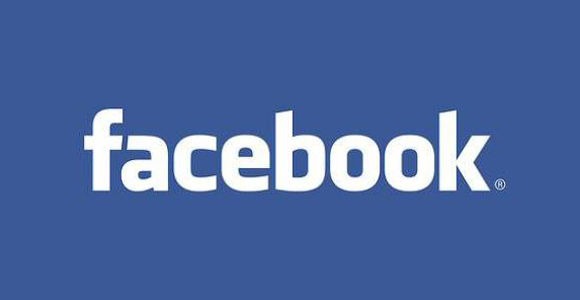Dear Employers Asking For Facebook Passwords: Not Cool. Love, Facebook
Assuming Direct Control

Something that is actually happening in the world today is the act of employers asking the people they might employ for their Facebook passwords for the purpose of seeing what a person does in their private time when the company is not responsible for them. If that sounds like a blatant privacy violation to you, then you are not alone. Apparently, just looking for someone’s profile to see if they were apt to spend their off-hours drinking alcoholic beverages and other unbecoming things was not enough — they wanted to actually log in and read everything a person was doing, writing, and posting on Facebook. And now, Facebook is announcing that they are not okay with that and might file lawsuits against a company who did this to a potential hire. And now, this is one of those rare times I’m on Facebook’s side.
While I have never been in the position to hire someone, here is what is wrong with employers asking for someone’s Facebook password: That is actually none of their business. Yes, a Facebook profile might be public, and if an employer finds someone’s profile online and is able to see all of it, then that’s what we’ll call having a profile that is “out there” for people to see. If someone sets their profile to “private,” however, then that person has chosen not to put themselves “out there,” limiting their Facebook presence to only those they have allowed in. Invited guests, if you will.
Ars Technica links to an AP story about a situation in which a young man on a job interview was asked for his Facebook username and password when the interviewer saw that his profile was private and not viewable by the public. That person withdrew his application, stating that he wouldn’t want to work for a company that felt they were privvy to his personal, private information. However another person, who had applied for a security job, was asked for the same information so the interviewer could check for gang affiliations. While he was disturbed by the request, he gave his information, saying that he couldn’t afford not to take the job. (The state of Maryland, where this latter case took place, has since proposed legislation that would outlaw the request of passwords and usernames during an interview.)
That seems to be at the center of this issue: Are employers taking advantage of vulnerable people in need of a job by going after their privacy? Or are they looking for a unicorn-like “ideal” candidate, who only takes part in activities that are deemed acceptable by the company? The job market is actually improving, but it’s far from strong, so some people will be forced into turning over their passwords, finding themselves at the mercy of a rather invasive — and potentially lawbreaking — human resources worker. Employers will claim that they just want to make sure they’re hiring someone who will not embarrass the company — but if someone’s Facebook profile is already not visible to the public, what does it matter what someone does in their private lives? And can we get their username and passwords to make sure they’re living a pure and mischief-free life when they’re not at the office?
Oftentimes, if this is the practice of a company, the interviewer will give the option for the potential hire to log in during the interview so they can take a look around. The interviewee has the right to refuse. But it will always seem, to the interviewer, that if they refuse, they have something to hide.
However, while this practice may not be illegal on the state or federal level (yet — one Congressional lawmaker from Connecticut is drafting legislation that would make this practice prosecutable), it is actually against Facebook’s terms of service. And that’s why they have said they now might sue companies who go as far as to ask for someone’s private information. While there are no immediate plans to do this, Facebook is discussing the possibility of changing its policies to specifically state that an employer cannot force someone to share their passwords. Because, aside from the obvious invasion of privacy for Facebook users who are seeking a job, a representative of the social network says that the employers might be opening themselves up for a separate lawsuit altogether:
“…For example, if an employer sees on Facebook that someone is a member of a protected group (e.g. over a certain age, etc.) that employer may open themselves up to claims of discrimination if they don’t hire that person.”
Oh, snap, nosy employer — you just noticed someone was part of a political or religious group, or liked the Kardashians, so you didn’t hire them. And now, you just got slapped with a discrimination lawsuit. That’s called getting served.
But mostly, it just makes employers look like they’re throwing their weight around people who are at their mercy. And that’s terrible.
(Oh, and Ars Technica also notes that Facebook has its own issues with the privacy and security of its users, which we also acknowledge, but that’s a whole other post.)
(via Ars Technica)
- Afterlife of the Future: Laws Seek to Make Social Media a Part of Your “Digital Estate”
- Uteri of the World Unite! Women Leave “Vagina Updates” on Virginia State Senator’s Facebook Page
- Don’t Judge a Person by Their Facebook Cover Photo
Have a tip we should know? [email protected]